 By: Carlos Mondragón and Jimena Cabral
By: Carlos Mondragón and Jimena Cabral
Wherever there are people, there will be problems with the generation of solid waste and residue; in other words, trash. Trash is natural or industrialized waste that when commingled produces unpleasant odor, generates bacteria harmful to the community, and loses its capacity for reuse or recycling. In modern society, many products are discarded when they break or no longer work because they have served their purpose. Most temporary-use products end up as solid waste. But much of the waste generated in households and industry can avoid becoming trash, because if it is correctly separated, it can be reused or recycled (in other words, it could fulfill other important functions). Furthermore, waste separation can be a significant source of revenue.
 By: Carlos Amtmann
By: Carlos Amtmann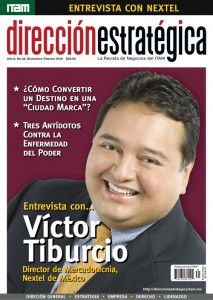
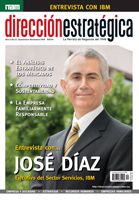
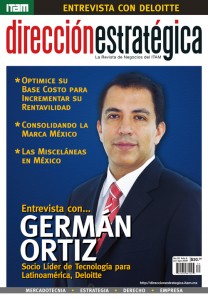
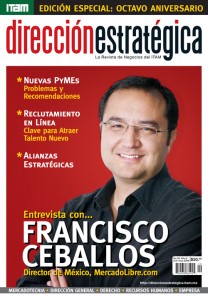
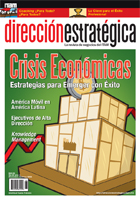
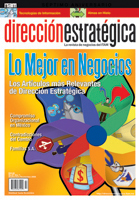
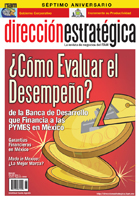
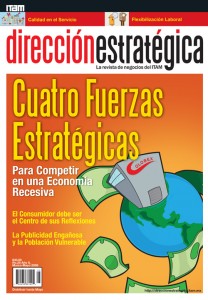
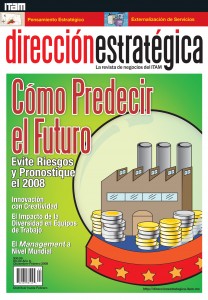
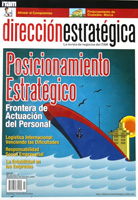
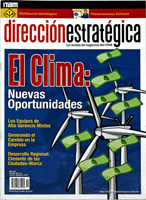
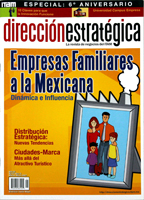
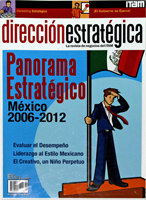
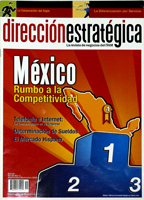
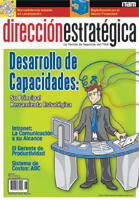
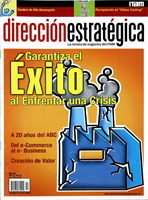
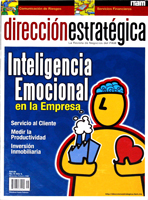
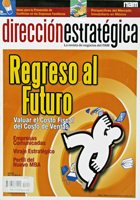
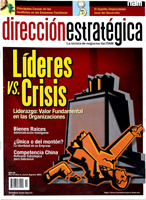
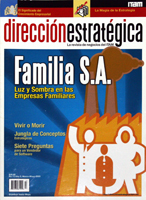
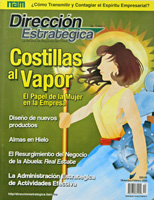
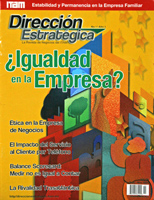
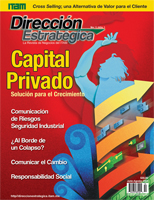
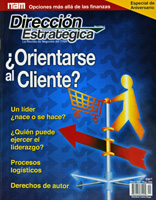
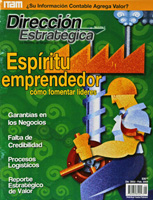
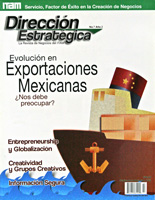
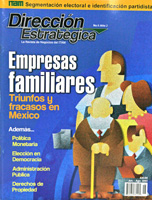
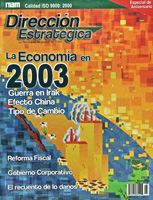
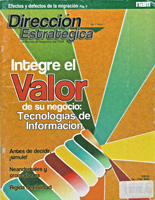
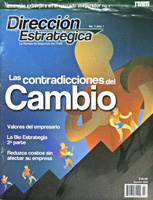
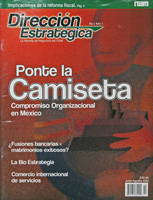
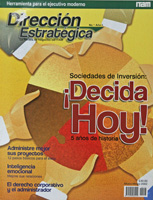
Digital Intelligence Applied to the Company
Googling, engagement, profiles, followers, “like” and hashtag have become everyday expressions among 40 millions active cybernauts in Mexico, which means they are elements of contemporary life that company directors should know how to manage.
The use of smartphones brought of global revolution in the way we consume the content of social networks and the time we spend using them. In Mexico, according to the Mexican Internet Association (AMIPCI), 68% of people who connected the Internet use PCs, 67% from laptops and nearly a quarter of them connect through smartphones. On average, the executive segment alone spent three and a half hours a day browsing the Internet in 2010.
(read more…)